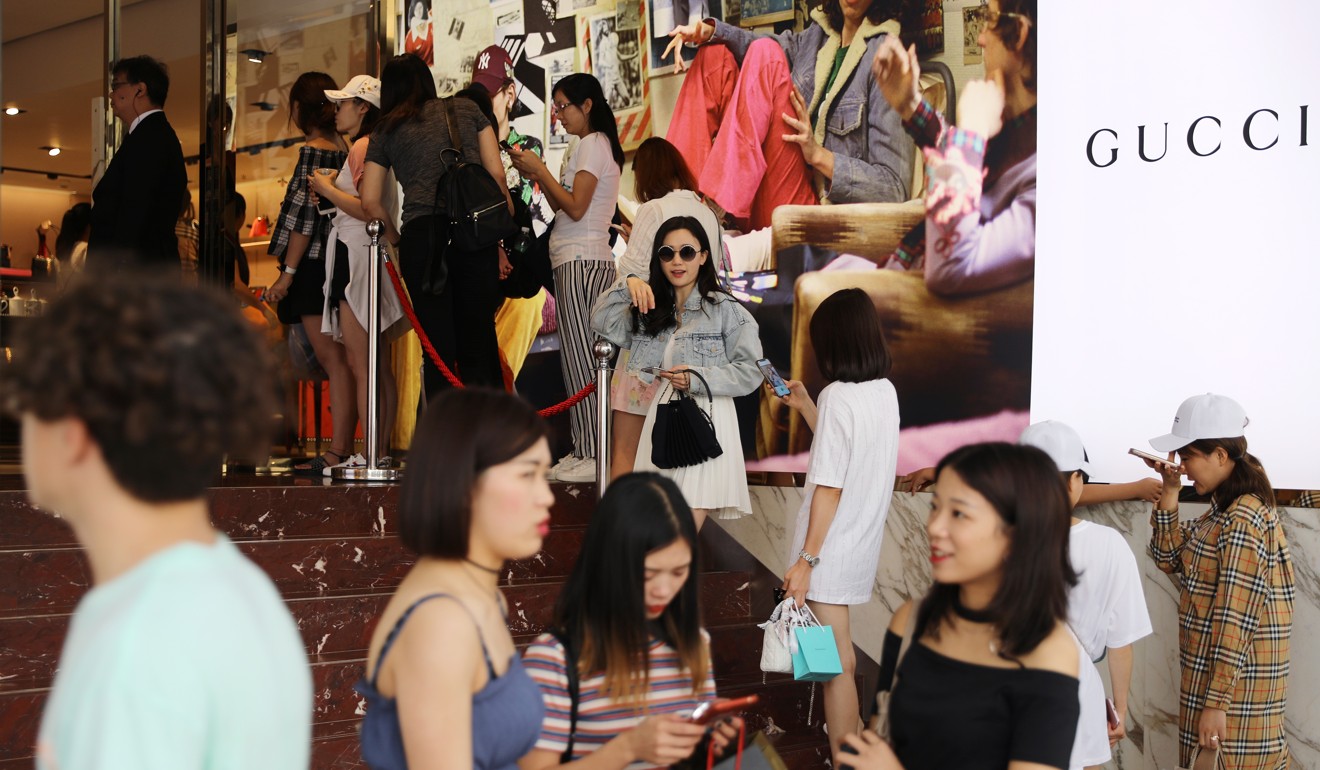What global slowdown? Luxury-focused deal making jumps 22 per cent in 2018, according to Deloitte report
- Global luxury M&A activity totalled 265 deals in 2018, with the focus on European fashion brands
- Luxury hotels were the main driver of the M&A activity, with 75 deals recorded in 2018, compared to 46 in the prior year

When it comes to deal making in the luxury sector, 2018 could be one for the record books, as activity rose sharply in spite of uncertainties that have led to a deterioration in the growth outlook, according to Deloitte’s latest global report on the sector.
Last year, 265 mergers and acquisitions transactions were completed, a 22 per cent increase from 2017, according to the consultancy’s “Fashion and Luxury Private Equity and Investors Survey 2009”.
Among the various luxury sectors, M&A activity was concentrated among high end hotels, which saw 75 transactions in 2018, up from 46 transactions a year earlier.
“According to our survey, 70 per cent of funds interviewed are considering investing in the luxury market in the coming years,” said Zhang Tian Bing, leader of Deloitte Asia Pacific consumer products and retail sector.
He said that investors expected the majority of growth in the luxury sector to take place in Asia and the Middle East.
Deloitte said 56 per cent of the acquisitions was driven by strategic buyers committed to building up their business, while only 44 per cent was related to private equity buyers.
Globally, a total of US$7.5 billion in luxury acquisition was recorded, compared with about US$5.1 billion in 2017, according to a report by S&P Global Market Intelligence, which cited data from Pitchbook. Much of deal making was focused on European luxury labels, whose values were driven by success in attracting Chinese luxury spending.

The S&P report also noted that Europe’s big luxury brands had relatively low debt and the ability to raise cash for big acquisitions.
LVMH, the world’s largest luxury group by revenue, bought luxury travel operator Belmond in December for US$3.2 billion. This continued a trend of European fashion labels expanding their brands to encompass new areas, ranging from apparel to travel.
United States based fashion brand Michael Kors spent US$2.1 billion to acquire Versace, an upscale Italian label which has been reportedly struggling to boost profit margins.
Thailand’s Minor Hotel Group boosted its stake in Spain’s NH Hotel Group from 46 per cent to 94 per cent in a deal worth US$3.2 billion. NH Group operates 380 hotels in Europe and Latin America, while Minor has 161 hotels in Asia, the Middle East, Africa and Australia, according to a Reuters report.
In China, the main deals focused on consolidation in the electric car market.
“Luxury automotive deals in China during 2018 were driven by the very active electric car industry,” said Zhang. Among automotive, hotels and apparel, the largest M&A deal, worth US$3.6 billion, was recorded when state-backed Beijing Automotive Group bought Beijing Electric Vehicle, according to Deloitte.
Valuations in the fashion and luxury industry had “grown high”, despite market disruption, Deloitte said in the report.
Among trends, recent investments in the luxury sector have tended to focus on companies that deliver exclusive experiences rather than luxury goods.
For example, by purchasing Belmond, LVMH hopes to tap the growing demand for luxurious river cruises and train journeys in exotic locations.
In the coming year, smaller fashion and luxury companies are also expected to become acquisition targets amid a growing drive to leverage brands with global potential.
From 2016 to 2018, the percentage of target companies making less than US$50 million in revenue rose to 65 per cent from 40 per cent, while companies with sales in excess of US$250 million fell to 17 per cent from 28 per cent.
Luxury companies are also seeking to leverage digital technologies to transform their businesses. Deloitte found that 43 per cent of luxury companies plan to invest in technologies involving the internet of things, big data analytics and artificial intelligence.